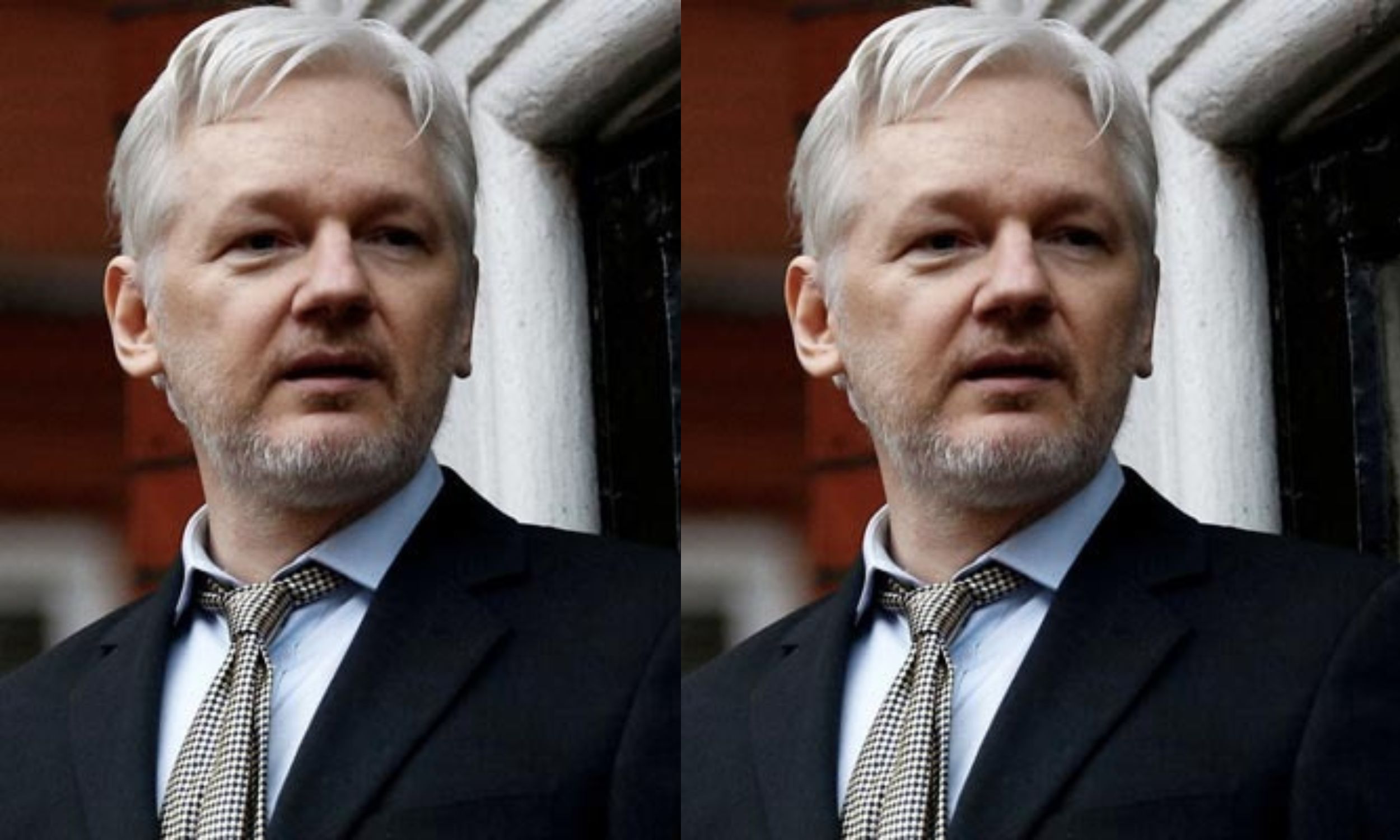WikiLeaks founder Julian Assange has been granted permission to appeal against his extradition to the United States on espionage charges.
The London court’s ruling on Monday marks a new twist in the long-running legal saga, which has already spanned over a decade. Assange’s lawyers successfully argued that the US government’s assurances regarding his free speech protections were “blatantly inadequate,” paving the way for an appeal.
Assange, 52, faces 17 espionage charges and one charge of computer misuse related to WikiLeaks’ publication of classified US documents in 2007.

His lawyers contend that he was acting as a journalist and publisher, entitled to First Amendment protections. However, American prosecutors argue that Assange’s actions went beyond journalism, amounting to an attempt to solicit and publish classified documents.
The High Court judges’ ruling was met with cheers and applause from hundreds of supporters outside the Royal Courts of Justice.
Assange’s wife, Stella, expressed relief but also frustration, stating that the case has taken an “enormous toll” on her husband and their family. She urged the US to “read the situation” and drop the case, describing it as “shameful.”
Assange has spent the last five years in a British high-security prison and was not present in court due to health reasons. His lawyers argue that extradition to the US would expose him to a politically motivated prosecution and risk a “flagrant denial of justice.”
The US government maintains that Assange’s actions were illegal and put innocent lives at risk. The appeal process is likely to further prolong the legal battle, which has already seen numerous twists and turns.


